How much in the Universe of black holes?
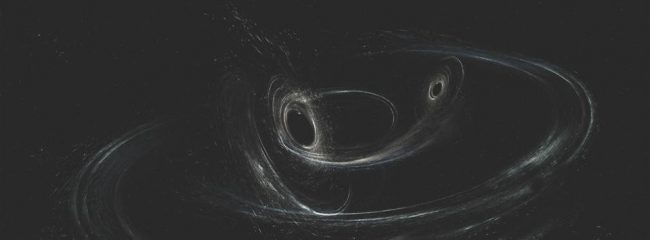 Source:
Source:
For the third time In history, we directly black holes: gravitational waves, resulting from the merger. In combination with what we already know about the stellar orbits near the galactic center, x-ray and radio observations of other galaxies, measurements of the speed of gas flow, to deny the existence of black holes well, not. But we have enough information from these and other sources to tell us how much is actually in the Universe black holes and how are they distributed?
In fact, as many in the Universe of black holes, when compared with visible stars?
The First thing you would do is go to the direct observations. And it's a great start.
Map of the exposition 7 million seconds made Chandra Deep Field—South. In this region hundreds of supermassive black holes
Our best x-ray telescope to date is the x-ray Observatory Chandra. From its position in Earth orbit, it can identify even single photons from distant sources of x-rays. Creating a deep image significant areas of the sky, she can identify literally hundreds of x-ray sources, each of which corresponds to a distant galaxy beyond our own. Based on the energy spectrum of the received photons, we see supermassive black holes at the center of every galaxy.
But as impossible as it may be a discovery, in a world far more black holes than the one for the galaxy. Of course, in each galaxy, on average, there are at least millions or billions of solar masses, but we see not all.
the Masses of the known binary systems of black holes, including three proven and merge candidate for merge from LIGO
Recently, LIGO has declared its third direct detection of the massive gravitational signal from the merger of binary black holes, which confirms the prevalence of such systems in the Universe. We still have not enough statistics to obtain numerical evaluation, as the error threshold is too high. But if we take as a basis the current threshold of LIGO and the fact that she finds a signal every two months (on average), it's safe to say that in each galaxy the size of the milky Way, which we can probe, there are at least a dozen such systems.
Range Advanced LIGO and its ability to detect the merging of black holes
What's More, our x-ray data show that there are many binary black holes with smaller mass; perhaps much more than massive, which can find LIGO. And that's not even considering the evidence of the existence of black holes, which are not included in the rigid binary system, and there should be a majority. If in our galaxy there are tens of black holes of medium and high mass (10-100 solar masses), must be hundreds (3-15 solar masses) binary black holes and thousands of isolated (nibinamik) black holes of stellar mass.
Here is to focus on the "at least".
Because black holes are damn hard to find. Yet we can only see the most active, the most massive and the most outstanding. Black holes spiral and coalesce, gorgeous, but such a configuration should be kosmologicheskie rare. Those that saw Chandra, are the most massive, active and all, but most black holes are not monsters in the millions-billions of solar masses, and most large black holes are inactive at present. We observed only a small fraction of black holes, and it is understood, notwithstanding all the splendor of the observe.
what we perceive as an explosion of gamma radiation can occur in the process of merging neutron stars, which emit substance in the Universe and constitute the heaviest of the known elements, but also create a black hole at the end
And still we have a way to obtain a qualitative assessment of the number and distribution of black holes: we know how they formed. We know how to make them from young and massive stars that become supernovae, neutron stars that merge and in the process of direct collapse. Although the optical signature of the creation of a black hole is extremely controversial, we've seen enough of the stars, their deaths, and catastrophic events of star formation over the history of the Universe to be able to find exactly the figures you are looking for.
the Remains of a supernova, the birth of a massive star, leaving behind the collapsing object either black hole or neutron star, from which in the future may form a black hole under certain conditions
These Three ways of creating black holes all have roots, if you follow it to the end, in the massive regions of star formation. To get:
the-
the
- Supernova, you need a star that will be 8-10 times the mass of the Sun. Stars more than 20-40 solar masses will give you a black hole; less star — a neutron star. the
- a Neutron star merging into a black hole, you need either two neutron stars dancing in spirals or colliding or neutron star, sucking mass from the companion star up to a certain limit (about 2.5-3 solar masses) to become a black hole. the
- Direct collapse to a black hole, you need enough material in one place for the formation of a star 25 times more massive than the Sun and certain conditions, to obtain exactly the black hole (not a supernova).
Photo by Hubble shows a massive star 25 times more massive than the Sun, which just disappeared without the formation of a supernova or other explanation. Direct collapse is the only possible explanation.
In our surroundings we can measure all of the formed stars, how many of them have the right weight to potentially become a black hole. We find that only 0.1-0.2% of all nearby stars have enough mass to become a supernova, the vast majority forms a neutron star. About half of the systems that form binary (binary) system, however, include stars of comparable masses. In other words, most of the 400 billion stars formed in our galaxy, will never become black holes.
the Modern system of spectral classification system Morgan-Keenan with temperature range of each star in Kelvin. Surpassing the majority (75%) of the stars today stars are M-class, of which only 1 800 massive enough to become supernovae
But that's okay, because some of them will be. More importantly, many have become, though in the distant past. The formation is the mass distribution: you get a few massive stars are medium-mass and low-mass very much. So much that low-mass stars M class (red dwarf) with a mass of only 8-40% solar make up three-quarters of the stars in our neighborhood. New star clusters will be not so much of massive stars that may become supernovae. But in the past zvezdoobrazovaniya regions were much larger and richer in mass than the milky Way today.
the Largest stellar nursery in the local group, 30 Doradus the Nebula Tarantula, include the most massive stars known to mankind. Hundreds of them (in the next few million years) will become black holes
Above you see 30 Doradus, the largest zvezdoobrazovaniya region in the local group, with a mass of 400 000 suns. In this region thousands of hot, very blue stars, of which hundreds will become a supernova. 10-30% of them turn into black holes, and the rest would become neutron stars. If we assume that:
the-
the
- in our galaxy, there were many such regions in the past; the
- largest zvezdoobrazovaniya regions are concentrated along the spiral arms and toward the galactic center;
Where we see a pulsar (the remains of neutron stars) and sources of gamma rays today, there are black holes,
We can compose a map and show her where there will be black holes.
Sputnik NASA "Fermi" to map the high-energy Universe in high resolution. Black holes in the galaxy on the map are likely to follow the emissions with a small scatter and resolved millions of individual sources
This is a map of gamma-ray sources of the sky, composed of "Fermi". She's like a star map of our galaxy, is that strongly highlights the galactic disk. Older sources are poorer on gamma rays, so it is a relatively new point sources.
Compared to this card, the black holes will be:
the-
the
- more concentrated in the galactic centre; the
- slightly more blurred in width; the
- to include the galactic bulge; the
- consist of 100 million objects, plus or minus the error.
If you create a hybrid card "Fermi" (above) and the COBE map of the galaxy (below), it is possible to obtain a quantitative picture of the location of black holes in the galaxy.
Galaxy, seen in infrared from COBE. Although this map shows the stars, black holes will follow a similar distribution, though more compressed in the galactic plane and more centralized to the convex
Black holes are real, common and the vast majority of them are extremely hard to find today. The universe exists for a long time, and although we see a huge number of stars, the majority of the most massive stars — 95% and more — have died. What did it become? About a quarter of them have become black holes, millions still hidden.
Recommended
What will be the shelter for the first Martian colonists?
Mars is not the friendliest planet for humans While the Red Planet is roaming rovers, researchers are pondering the construction of shelters and materials needed by future Martian colonists. The authors of the new paper suggest that we could use one ...
New proof of string theory discovered
Just a few years ago, it seemed that string theory was the new theory of everything. But today the string universe raises more questions than answers String theory is designed to combine all our knowledge of the Universe and explain it. When she appe...
What is the four-dimensional space?
Modeling camera motion in four-dimensional space. View the world in different dimensions changes the way we perceive everything around, including time and space. Think about the difference between two dimensions and three dimensions is easy, but what...
Related News
Strange habits of albert Einstein: what can we learn from genius?
the Famous inventor and physicist Nikola Tesla was often flexed toes. Every night he repeatedly "squeezed" fingers 100 times on each foot, according to writer Mark Cypher. Although it is not clear that even included his exercise, ...
Physicists have found a possible breach in the Standard model
Physicists from the University of California at Santa Barbara have discovered a phenomenon that can not fail under any fundamental assumption, which adheres to the Standard model of physics. This conclusion was made after scientis...
Artificial intelligence to learn to recognize speech among noise
Virtual assistants and voice recognition fairly well learned «to know» what they person says, and follow his commands. But for this to work the same for Siri and Cortana, background noise can become a big problem. To cop...
Scientists have approached the creation of units for artificial photosynthesis
Oxygen is the basis of life of all creatures on our planet. And there he was, as we know from school biology course, in the process of photosynthesis taking place in leaves and stems of plants. Scientists with varying degrees of s...
Created the first two-dimensional magnet with a thickness of one atom
according to the editors of the journal Nature, a group of scientists from the University of Washington managed to get a connection on the basis of chromium and iodine. The structure of the compound is something of a counterpart o...
What it's like on the edge of the Universe?
There is a threshold beyond which we cannot go, there are things we will never know. But one thing we do know, and we have powerful tools: science, imagination, analysis. 13.8 billion years ago the universe as we know it, was born...
Scientists from the UK told why dinosaurs cannot be brought back to life
it is Difficult to find anyone who has not heard about the film series «Jurassic Park», launched in 1993 by Steven Spielberg. The theory of the return of the dinosaurs by cloning, as shown in the film still looks pretty ...
Mission to the sun protects us from solar storms and assist in space exploration
Prayer, sacrifice, the sun — you can tell people worshipping the sun since time immemorial. This is not surprising. It is only 150 million miles away is close enough for its light, heat and power supported by the entire human race...
American scientists have created a soft robot
From may 29 to June 3 in Singapore held the international conference on robotics and automation. In the framework of this event, scientists from the United States presented almost entirely soft robot. Their invention has 4 limbs a...
If the temperature rises above a certain threshold, the cell collapses and dies. One of the simplest explanations of this lack of heat is that the proteins necessary for life, are those which extract energy from food or sunlight, ...
10 high profile cases when the scientific laurels went not to the
In school we learn about all scientists because they have made invaluable discoveries and found a lot of important decisions in everything from horrible diseases to brilliant technologies. However, the history is often not what yo...
What happens when it evaporates, the singularity of a black hole?
Not so easy to imagine, given the diversity of the forms taken by matter in the Universe, over millions of years, there was only neutral gas atoms of hydrogen and helium. And similarly, it is difficult to imagine that one day, in ...
MIT staff have learned "programming" pasta
Scientists from the Massachusetts Institute of technology are engaged not only in developments in the field of robotics and electronics, but also in the field of modernization of the food industry. Not long ago, during a conferenc...
Fluctuations of space and time: the proposed new explanation of dark energy
In the new study, scientists at the University of British Columbia suggested that the universe is expanding due to the fluctuations of space and time. At the moment around the mysterious dark energy has crowded a lot of confused t...
The chances of your appearance was not so small
in order For you have existed, a lot of incredible events had to unfold in a certain way. The right egg and sperm were to meet, to create you with a specific DNA sequence, and breathe in you life; one sperm's chance of 1 to 250 00...
Can human consciousness affect the physical world?
Perhaps one of the most intriguing and interesting phenomena in quantum physics that Einstein called "spooky action at a distance", also known as quantum entanglement. This quantum effect is the basis of quantum computers as quant...
Can the universe one day collapse?
One of the greatest achievements of the 20th century was the precise definition of how big, broad and massive is our universe. With about two trillion galaxies, enclosed in a volume with a radius of 46 billion light years, our obs...
Launched the first in Russia multi-node quantum network
Scientists from the Russian quantum center (RCC) managed to launch the first in Russia multi-node quantum network intended for data transfer. In the development of domestic experts used two methods of encrypting information that m...
Microsoft creates cloud-based storage system based on DNA
Research in the field of new media are now almost all large corporations. But the research group Microsoft Research went, I think, the farthest. Last year, the developers have stated that the storage of information. And according ...
What if the Earth started to spin faster?
In this life there are enough things to worry about. Nuclear war, climate change, whether you brush your teeth. Of the earth, which is spinning too fast, simply can not be in this list, because it will happen soon, certainly not —...


















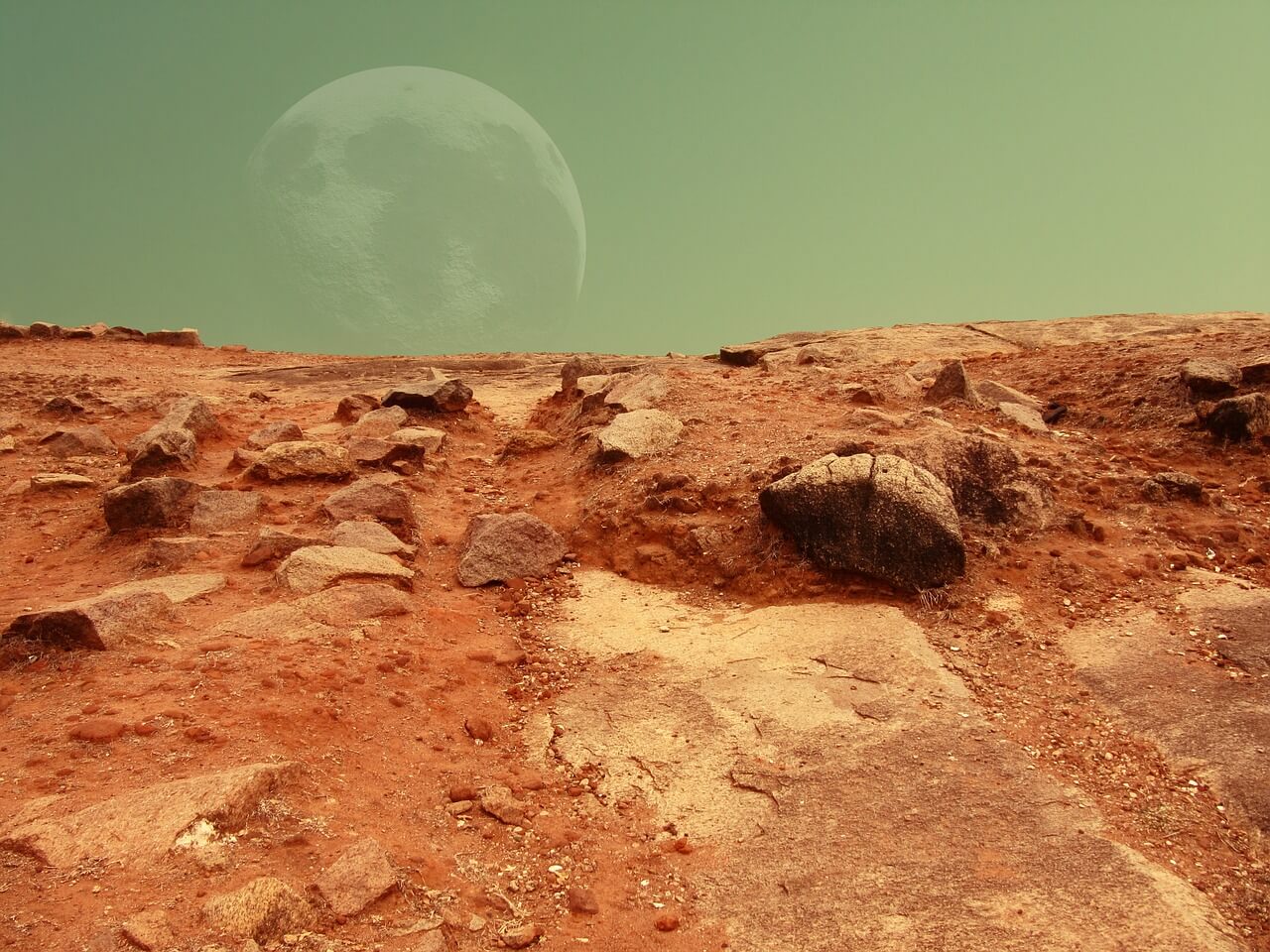
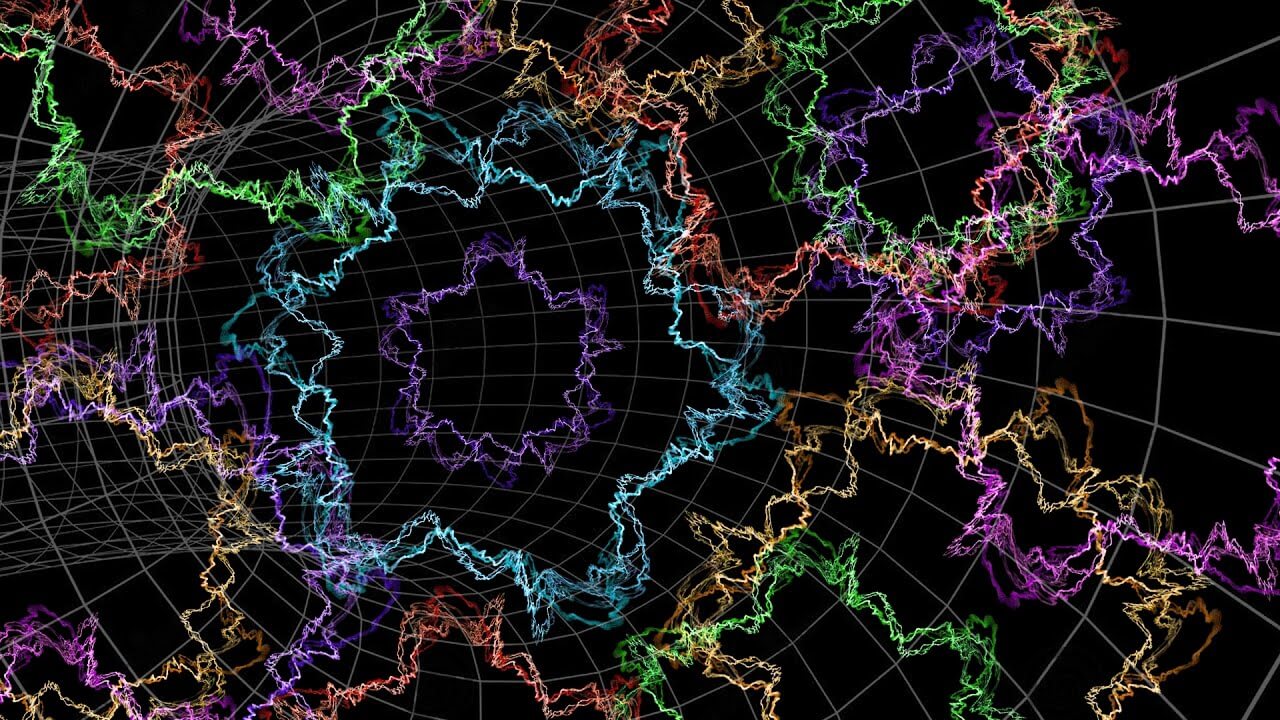
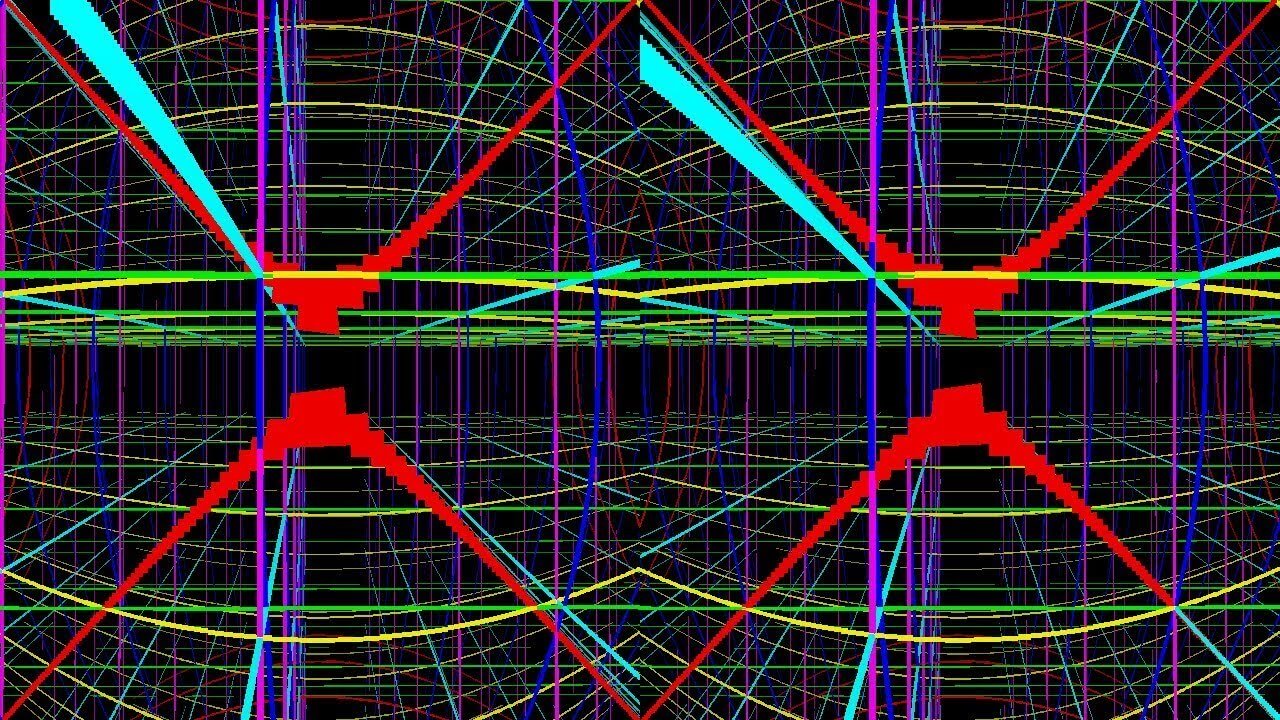

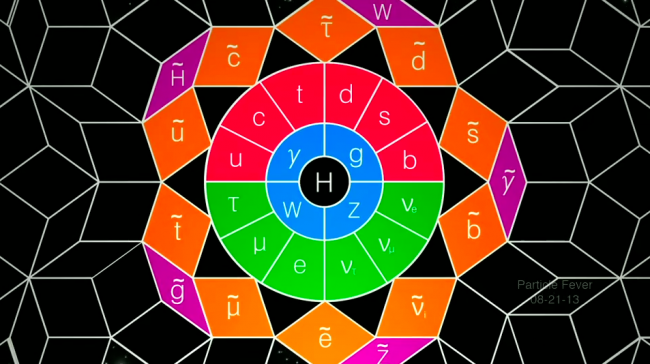
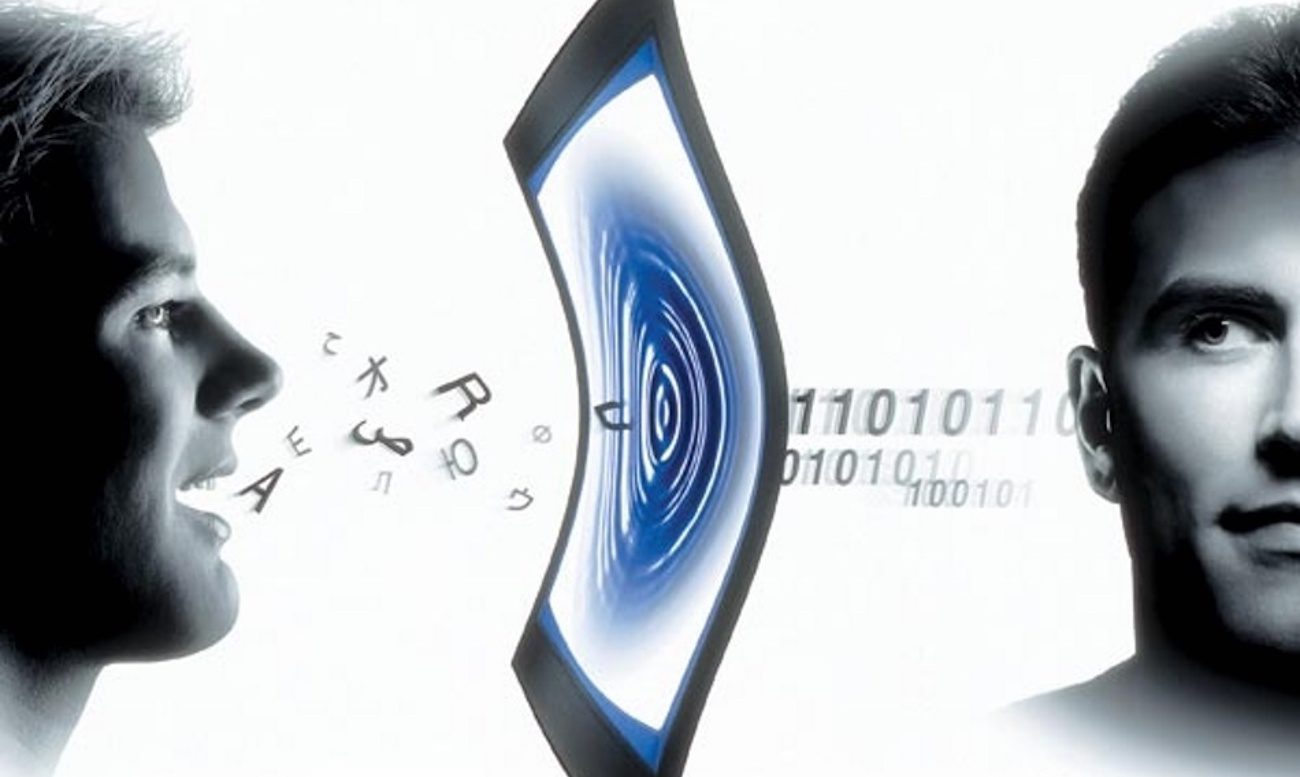


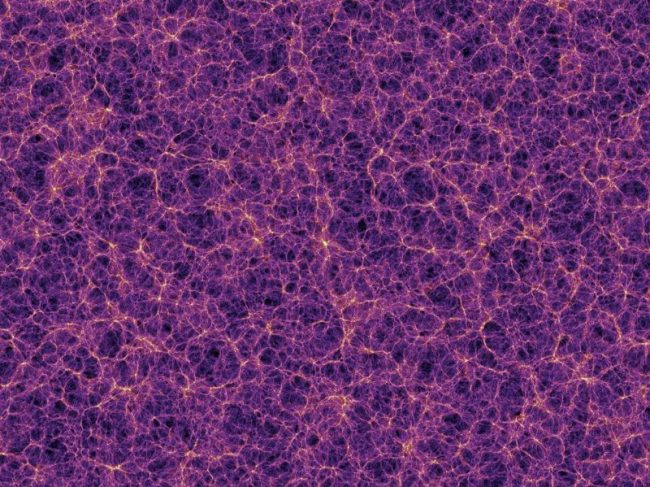
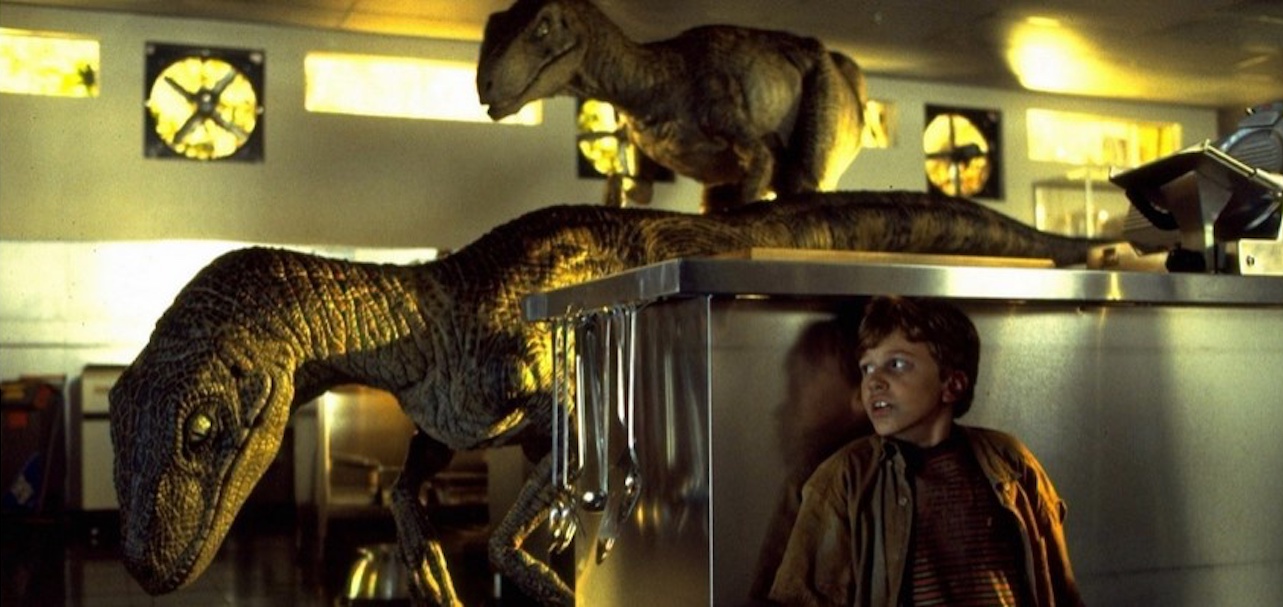
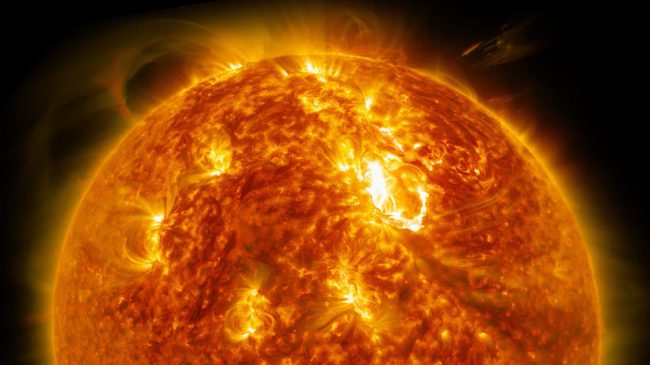
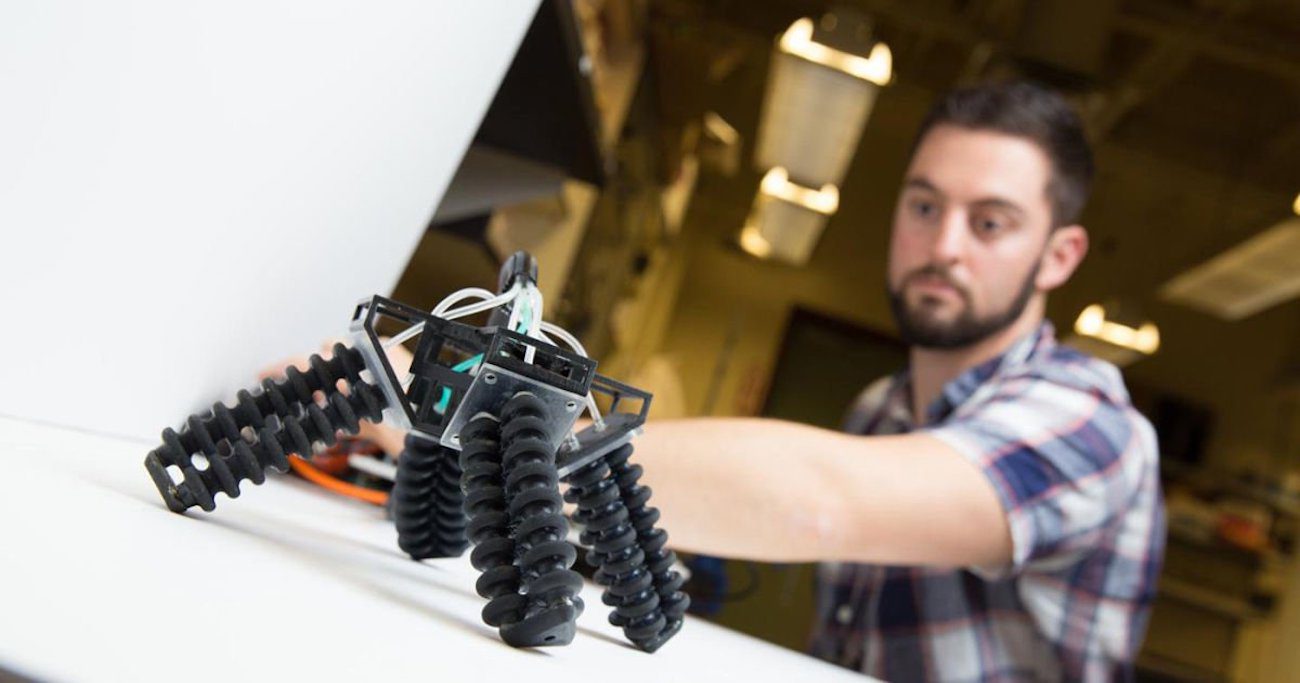
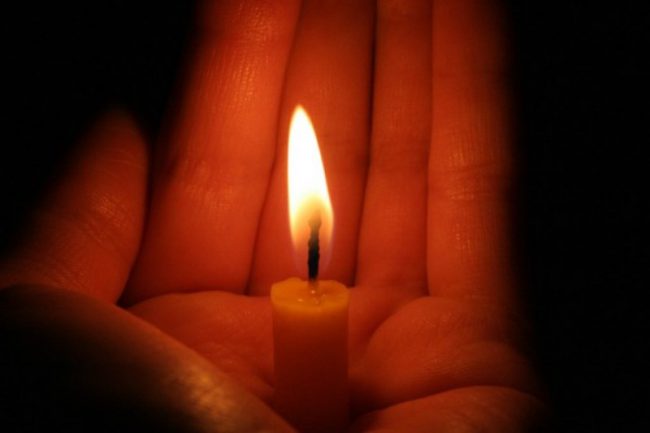
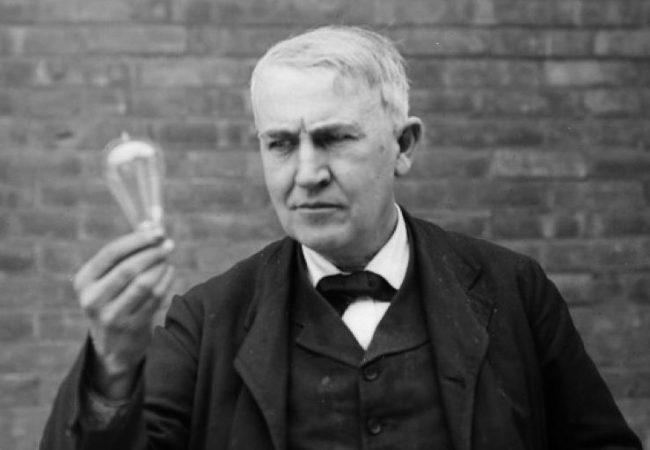
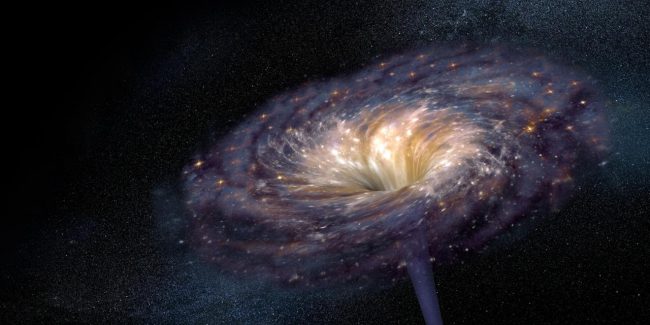

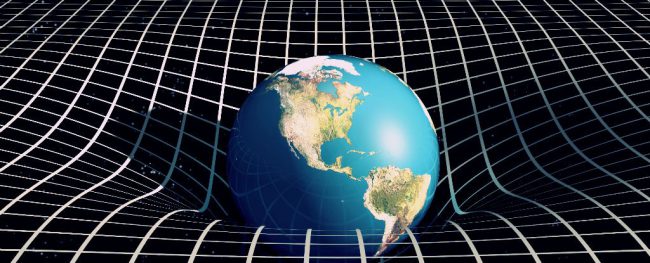
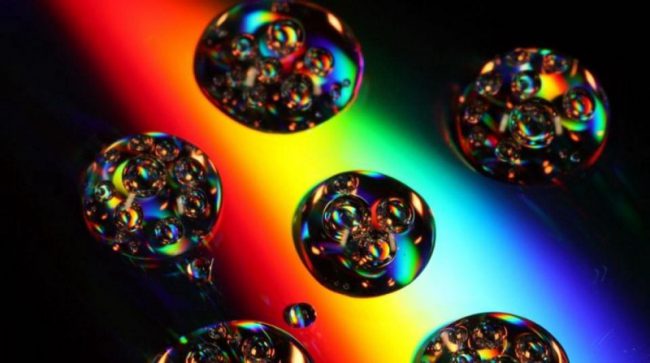
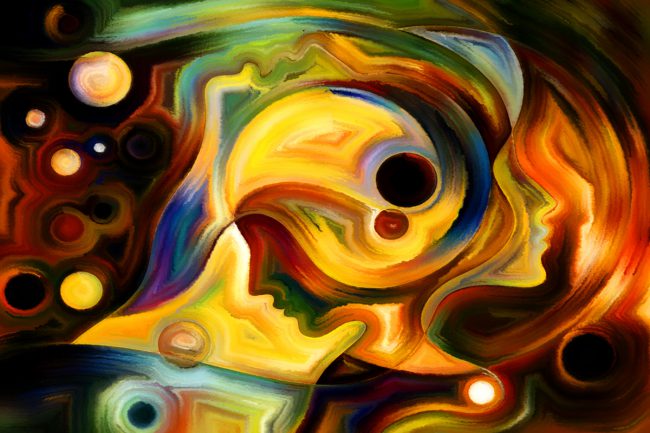
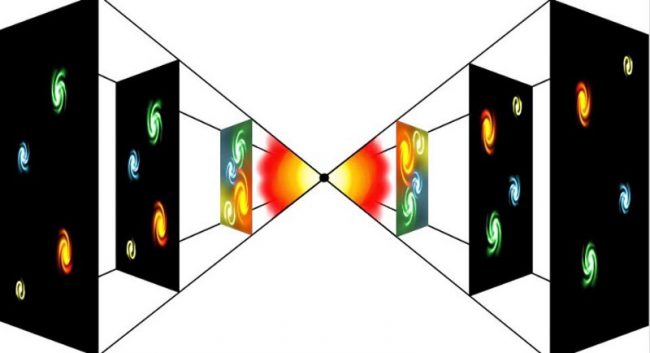

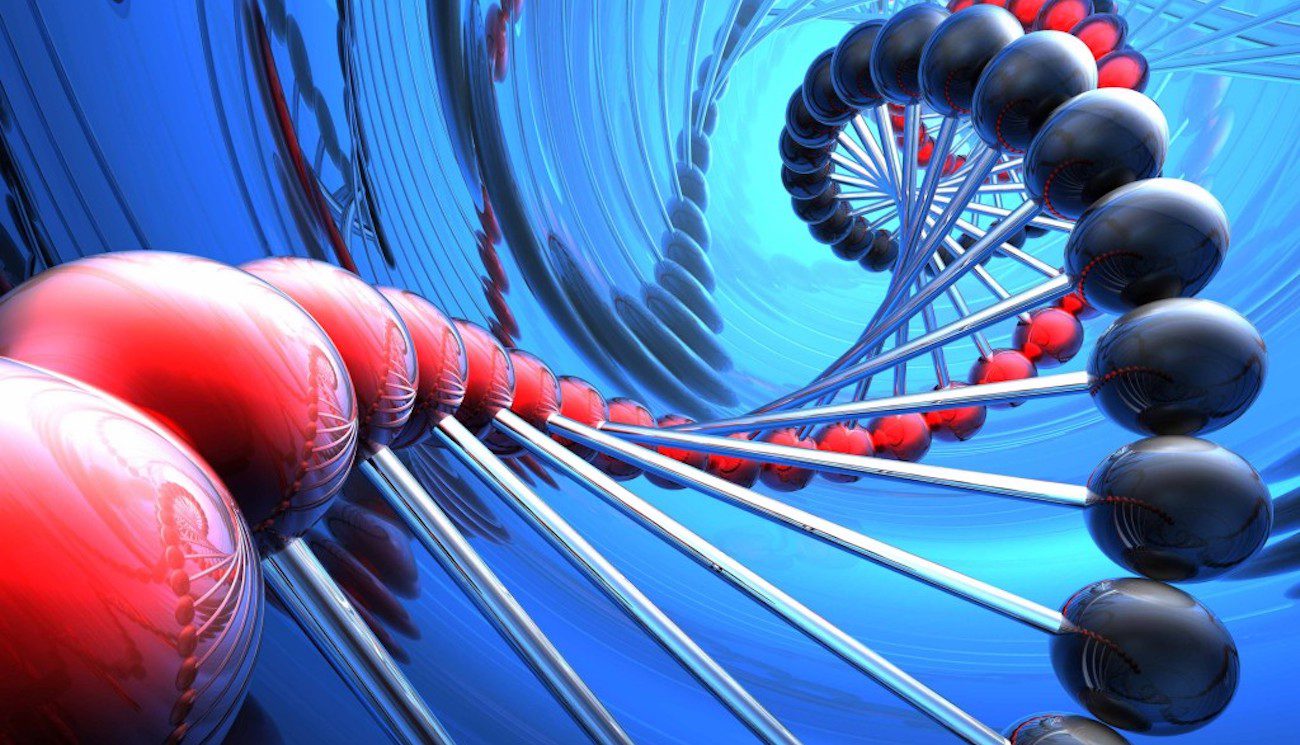
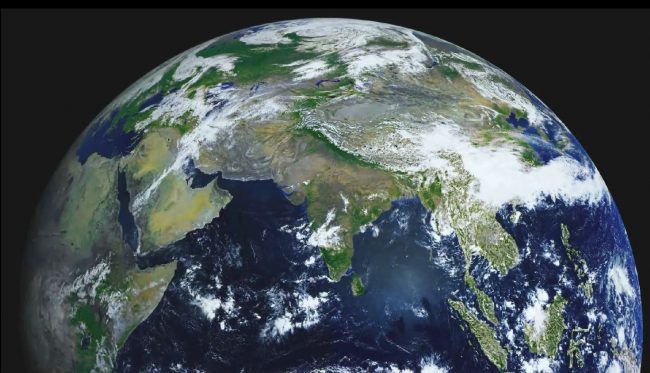
Comments (0)
This article has no comment, be the first!